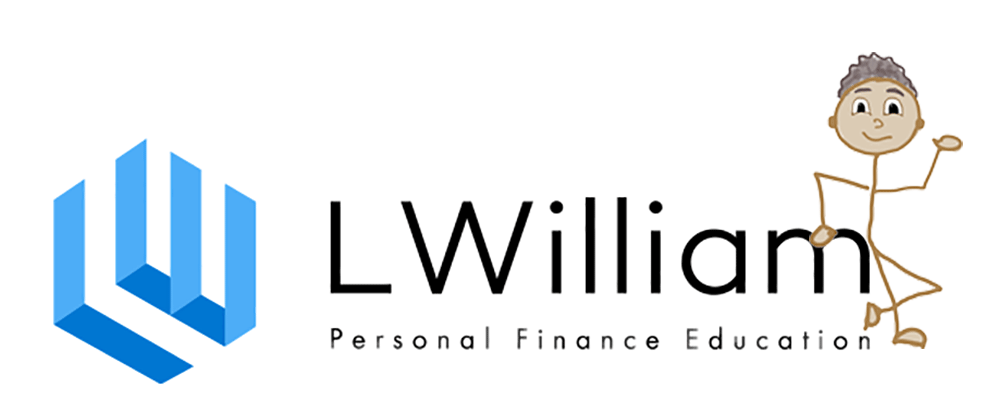Angel’s Story: What Would You Do?
As an IT Consultant, Angel earns a great salary and gets great travel perks from her job. She is a homeowner, and she decided to lease her car because she travels during the week and only drives on weekends. Angel is 32 years old and has realized she hasn’t paid attention to her financial well-being; she is now ready to get focused. She has student loans, a mortgage, credit card debt, and a small amount saved. She participates in her company’s 401(k) plan but says she doesn’t understand the stock market. Because of her lifestyle, on the surface, it appears she is doing well. But behind the scenes, Angel feels stuck. She doesn’t know how she never has money, and it has become very stressful. What should Angel do to get started with her finances?
If you were Angel, where would you start?
Start Budgeting
Focus on paying off debt
Focus on saving money
Start Investing
Get help from a professional
Angel's situation is similar to most of my clients. Below are some questions I would ask.
Does Angel know where her money goes each month?
Does Angel have at least $2,000 set aside?
Is Angel struggling with credit card debt?
Is Angel ready to invest for the future?
Does Angel feel overwhelmed or unsure where to start?
Here are the Pros and Cons of each approach:
Start Budgeting
Pro: Gives Angel immediate clarity on where her money is going, helps stop the “never having money until payday” cycle, and builds awareness.
Con: Budgeting alone won’t reduce her debt or grow her savings if she doesn’t stick to it consistently.
Focus on Paying Off Her Debt
Pro: Reduces a lot of stress, has more money each month, and improves her credit score.
Con: If she focuses only on debt, she may leave herself vulnerable by not building an emergency fund.
Focus on Saving Money
Pro: Offers financial security and a safety net so emergencies don’t push her deeper into debt.
Con: Saving while carrying high-interest debt may cost more in the long run since interest payments can outpace savings growth.
Start Investing
Pro: If consistent, will build long-term wealth, especially since she’s 32 years old.
Con: Without a solid financial foundation (budget, having an emergency fund, manageable debt), investing too early can add risk and overwhelm her.
Getting Help from a Professional
Pro: Gives her a clear, personalized action plan with accountability—saving her time, stress, and trial-and-error.
Con: Involves upfront cost, which can feel like an extra burden if she’s already tight financially. However, most find it well worth the personal investment.
The truth? There’s no one-size-fits-all answer. The right choice depends on your personal goals, values, and situation. That’s why so many professionals—just like Angel—turn to financial coaching for support and accountability, help them get organized, and to have a plan that works.
Unsure if Financial Coaching with me is the right fit for you? Schedule a free consultation to know for sure.
Lana, Financial Coach

